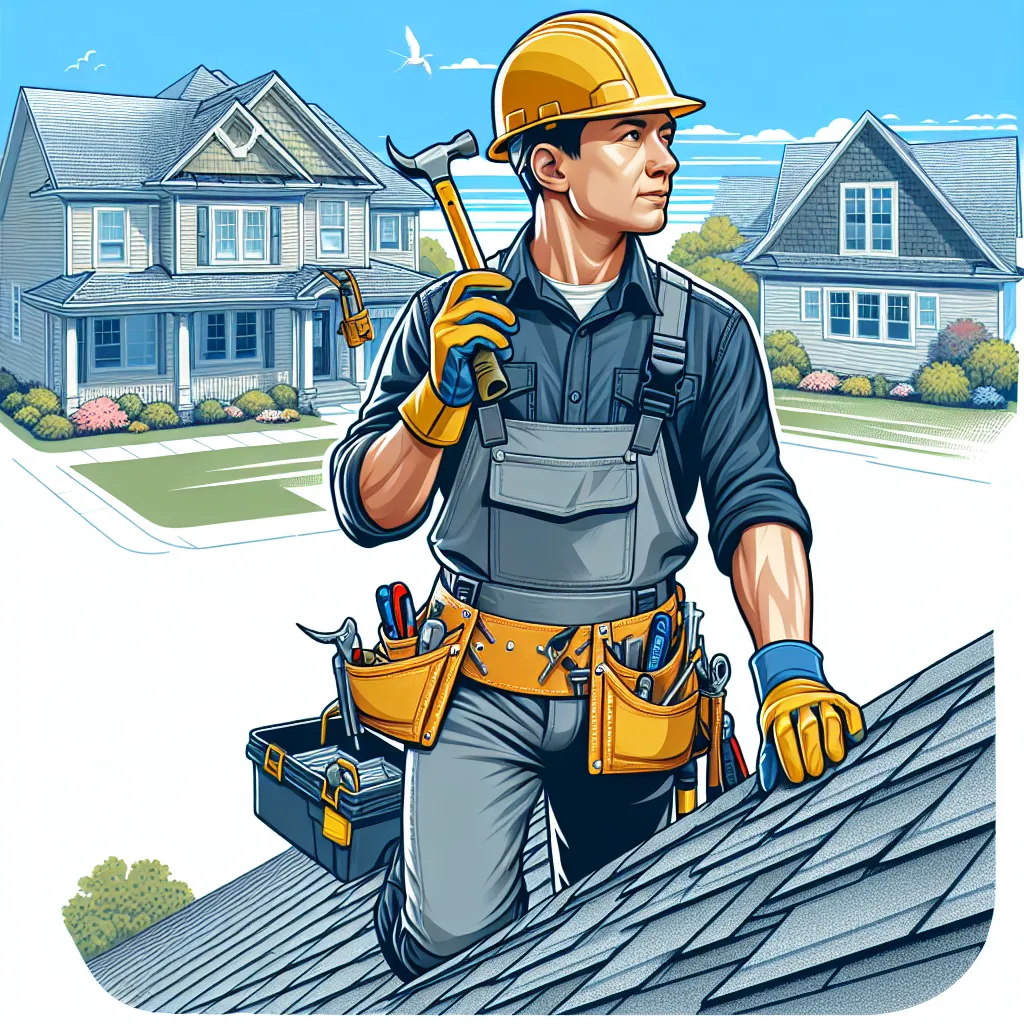Straight talk: most folks dread getting roofing quotes because they expect confusion, hidden fees, or a wild range of numbers. But what if roofing quotes could actually feel clear and empowering? The reality is, understanding how roofing quotes work—and how to get the best one—can save you thousands and a heap of headaches. Let’s break down roofing quotes, why they matter, and how to make sense of all the moving parts.
What Are Roofing Quotes and Why Do They Matter?
Getting a new roof isn’t just a big investment—it’s a decision that impacts your home’s value, comfort, and safety. Roofing quotes are detailed documents provided by contractors that outline the scope, costs, materials, and timeline for your roofing project. They aren’t just about the bottom line; they’re your roadmap for understanding what you’ll get, what you’ll pay, and how long it will take.
A solid roofing quote protects you from costly surprises. It helps you compare options, spot red flags, and negotiate with confidence. Without a clear quote, you’re basically flying blind—no one wants that, right?
The Anatomy of Roofing Quotes
When we dig into roofing quotes, we notice a few core components that should always be there. If they’re missing, that’s a waving red flag.
Essential Elements
- Company Info: Name, address, contact details—so you know who you’re dealing with.
- Full Work Description: Every detail from removing old shingles to new flashing and cleanup.
- Roofing Materials Used: Type, brand, and even color of shingles, underlayment, vents, and more.
- Timeline: Estimated start and finish dates.
- Cost Breakdown: Labor, materials, permits, waste disposal—itemized, not just a lump sum.
- Licensing & Insurance Proof: Protects you from liability and shows they’re legit.
- Warranty Details: Coverage period, what’s included, and any homeowner responsibilities.
Table 1: Typical Roofing Quote Breakdown
| Line Item | Description | Example Cost* |
|---|---|---|
| Labor | Removal, installation, cleanup | $5,400 (60% total) |
| Materials | Shingles, underlayment, flashing | $3,600 (40% total) |
| Permits | Required by city/county | $150 – $500 |
| Waste Disposal | Dumpster rental, haul away | $400 – $900 |
| Extras | Decking repair, ice/water shield | $500+ |
| Total | $10,000 – $20,000 |
*Based on national averages for a 1,700 sq.ft. roof.
Types of Roofing Quotes
Not all quotes are created equal. We generally see:
- Ballpark Estimates: A quick, rough range (usually verbal or by email).
- Formal Roofing Quotes: Detailed, written, and signed—this is your contract, folks.
- Digital Quotes: Interactive proposals with photos, measurements, and e-signatures.
If a contractor only offers a handshake and a number scribbled on a napkin, that’s a hard pass.
Benefits (and Drawbacks) of Roofing Quotes
Key Benefits
- Transparency: Clear, itemized quotes show exactly what you’re paying for.
- Comparison Power: Apples-to-apples comparisons help you spot both bargains and lowballers.
- Leverage: Detailed quotes give you the upper hand in negotiations.
- Protection: A thorough quote acts as a contract, protecting both you and the contractor.
Common Drawbacks
- Overly Generic Quotes: Watch for vague descriptions like “roofing work”—that’s asking for trouble.
- Hidden Fees: Some quotes exclude removal, permits, or cleanup—double check.
- Too-Good-To-Be-True Pricing: If it’s way lower than others, they’re probably cutting corners—yikes.
Roofing Quotes by Material, Size, and Location
The cost in roofing quotes hinges on a few main factors. Take a look at how material, roof size, and where you live can swing your quote.
Table 2: Roof Replacement Costs by Material
| Roofing Material | Avg. Cost/Sq.Ft. | Total (1,700 sq.ft.)* |
|---|---|---|
| Asphalt Shingles | $3.40 – $5.95 | $5,840 – $10,100 |
| Metal Roofing | $6.00 – $24.50 | $10,245 – $41,640 |
| Tile Roofing | $6.30 – $12.30 | $10,665 – $20,900 |
| Wooden Shakes/Shingles | $6.00 – $9.15 | $10,230 – $15,500 |
| Slate Roofing | $23.49 – $31.77 | $39,925 – $54,020 |
*Based on national averages.
Roof Size and Pitch
A steeper or larger roof means more labor and materials. Two houses with the same square footage but different roof pitches can have wildly different quotes.
Location-Based Price Differences
Some regions have higher labor rates or stricter building codes (hello, hurricane zones). Quotes from Florida will look different than those from Kansas.
Graph: Roof Replacement Cost by Home Size
Roofing Quotes
Roofing quotes are detailed estimates from contractors that outline the scope, materials, costs, and timeline for your roofing project. They typically include itemized costs for materials (shingles, underlayment, flashing), labor, permits, and cleanup—providing transparency and helping you compare options effectively.
Why They Matter
- Protect against hidden fees
- Compare different contractors easily
- Ensure quality work with clear scope
Key Comparison
| Feature | Typical Cost Range | What It Covers |
|---|---|---|
| Material Costs | $5,840 – $54,020 | Shingles, metal, tile, slate, etc. |
| Labor | 60% of total | Installation, removal, cleanup |
| Permits & Disposal | $150 – $3,000 | City permits, debris removal |
Pro Tip: Always verify licensing, insurance, and warranties before selecting a quote.
Ready for a clear, professional roofing quote? Contact us today and get started on your stress-free roof replacement!
Frequently Asked Questions About Roofing Quotes
What is the difference between a roofing estimate and a roofing quote?
A roofing estimate is a rough, non-binding guess of the costs based on an inspection or description. A roofing quote is a detailed, written proposal that acts as a contract once signed, outlining specific work, materials, and costs.
Why do roofing quotes vary so much from one contractor to another?
Quotes vary due to differences in materials, labor rates, roof complexity, location, and what’s included in the scope of work. Cheaper quotes may cut corners, while higher ones might include more comprehensive services.
What should I look for in a reliable roofing quote?
Ensure it’s detailed with a clear breakdown of materials, labor, permits, and warranties. Confirm the contractor’s licensing and insurance info is included, and watch out for vague descriptions or hidden charges.
Can I negotiate the roofing quote I receive?
Yes, you can ask for itemized costs, compare multiple quotes, and request options for different materials or scope adjustments. Negotiation can help you get the best value while ensuring quality.

